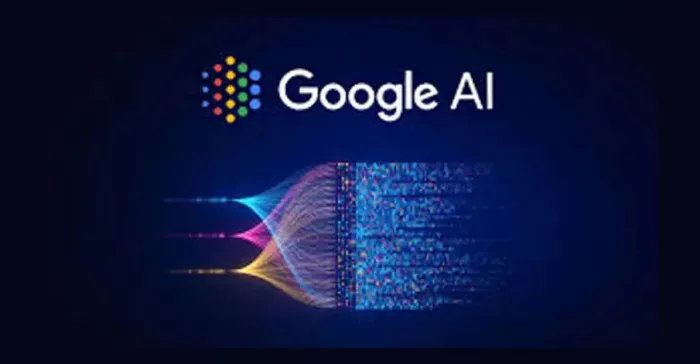
The digital landscape is abuzz with questions surrounding the impact of artificial intelligence on web traffic, particularly as Google's prominent AI Overviews become a more integrated part of search results. Recent reports have painted a grim picture for content creators, suggesting a significant drop in referral traffic from the world’s largest search engine. However, Google is pushing back against these claims, with its head of Search, Liz Reid, asserting that the sky isn't falling for website owners. The debate over whether Google AI Overviews website traffic is genuinely stable, or in decline, continues to intensify.
In a recent blog post, Reid addressed the growing apprehension head-on, stating that 'click volume from Google Search has remained relatively stable' even with the increasing visibility of AI-powered summaries at the top of search pages. This statement directly contradicts some analyses that have pointed to a noticeable decline in traffic to external websites, attributing it to users getting answers directly within Google’s interface without needing to click through. The underlying question for many in the industry remains: Does Google AI search reduce clicks to traditional websites, effectively short-circuiting the user journey?
The tension lies in the fundamental shift AI Overviews represent. For users, the promise is instant answers, streamlining the information retrieval process. For publishers and website owners, the concern is existential: if users no longer need to visit their sites to get information, how will they monetize their content or even survive? This debate highlights a crucial crossroads for the open web and the future of information discovery. Google argues that AI Overviews are designed to complement, rather than replace, traditional search results, acting as a quick summary that can still encourage deeper dives for complex queries.
While Google maintains a positive outlook, many SEO professionals and webmasters report anecdotal evidence and data suggesting a different story. The worry is that as AI summaries become more sophisticated, they will increasingly fulfill user intent directly on the search results page, leading to fewer outbound clicks. This ongoing discussion about the **impact of AI on search results** and potential **Google Search algorithm changes AI** related to these features is critical for anyone who relies on Google for audience engagement.
Liz Reid's blog post can be seen as a strategic move by Google to reassure its vast ecosystem of publishers and content creators. The company understands that a healthy web ecosystem is vital for its own long-term success. The implicit message is that Google's innovations, including its advanced AI, are ultimately designed to enhance the search experience while still directing valuable traffic to content creators who provide in-depth, authoritative information. It's a delicate balancing act – providing convenience without cannibalizing the very sources that feed its knowledge base. Insights from Google's Liz Reid AI search perspective suggest a long-term vision of symbiotic growth, though many are waiting for concrete data to support this claim.
As the integration of AI in search continues to evolve, the conversation around its implications for publishers will undoubtedly persist. For now, Google is standing firm on its stance that its AI features are not detrimental to web traffic. Publishers and digital marketers will be closely watching, adapting their strategies to navigate this new era of search, where the line between quick answers and deep dives continues to blur.


Comments